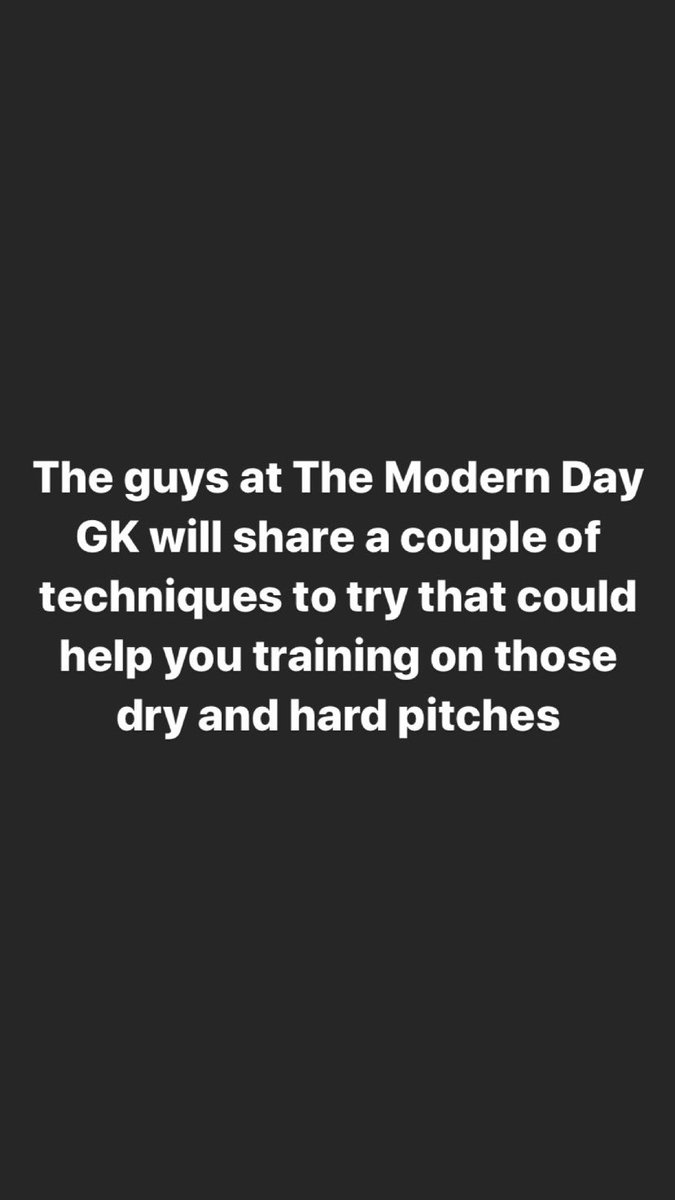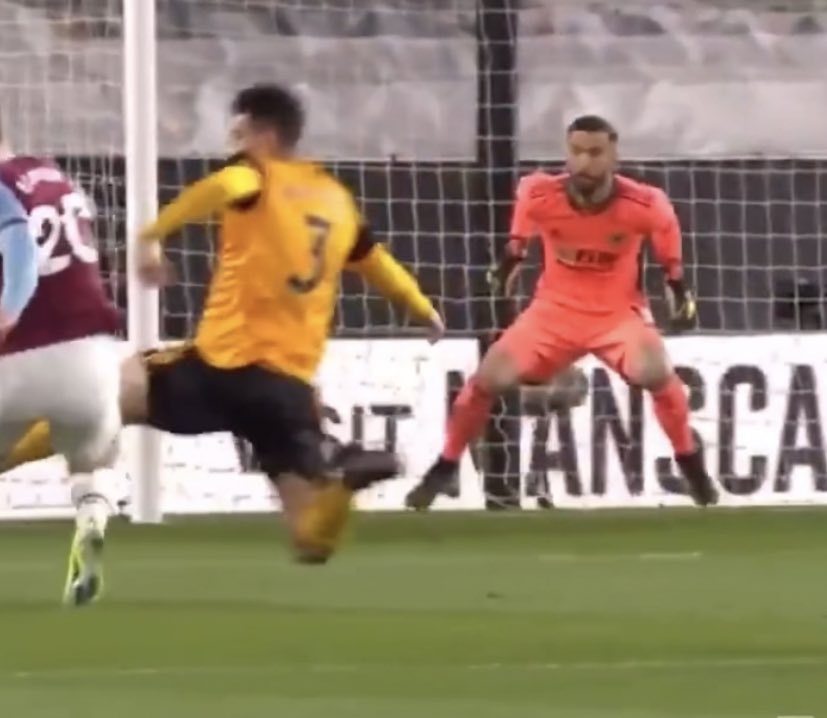⚽️ RETURNING TO TRAINING HELP⁉️
Hard / Dry Ground
a) When tipping / parrying / full stretch: Roll upon landing as it can reduce load on hip as pressure will be distributed
b) When holding ball from dive / collapse: Use ball to absorb force upon impact with bent arms
1/8
Hard / Dry Ground
a) When tipping / parrying / full stretch: Roll upon landing as it can reduce load on hip as pressure will be distributed
b) When holding ball from dive / collapse: Use ball to absorb force upon impact with bent arms
1/8
The thought of returning to the field and diving around to save balls on rock hard ground is something which may cause anxiety for a lot of keepers 😰
The fear of injury 🤕 is completely understandable and is something that even pros are secretly worried about 🤫
2/8
The fear of injury 🤕 is completely understandable and is something that even pros are secretly worried about 🤫
2/8
So what can we do? 🤷♀️
🧠 Here’s a few sports psychology tips that might be worth a go from The Goalkeeper Psychology Consultant. Not only has he studied in this field but he’s also a current pro goalkeeper, so he knows the game!
3/8
🧠 Here’s a few sports psychology tips that might be worth a go from The Goalkeeper Psychology Consultant. Not only has he studied in this field but he’s also a current pro goalkeeper, so he knows the game!
3/8
🔑 The key when dealing with fear is to be honest and confront its existence
7/8
7/8
“Inside the Box” is a safe place for us to be open and support one another, so let’s start doing just that 🙌
We hope this helps 😃
facebook.com/groups/2509201…
8/8
We hope this helps 😃
facebook.com/groups/2509201…
8/8
• • •
Missing some Tweet in this thread? You can try to
force a refresh























